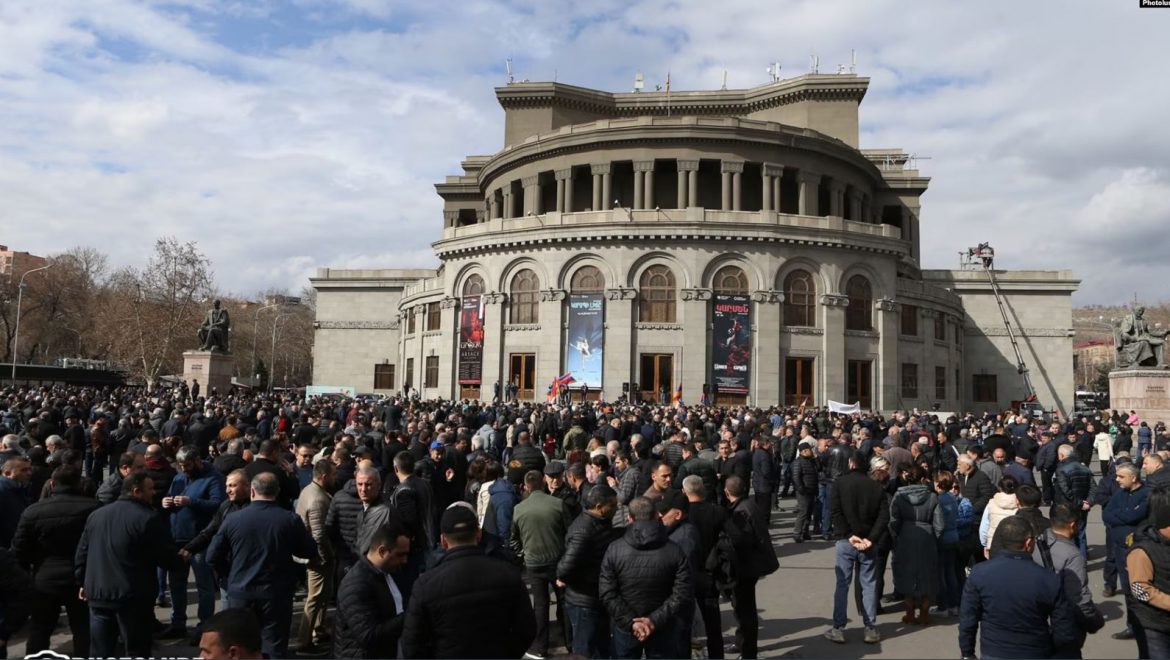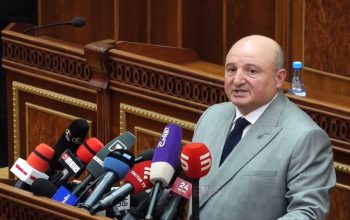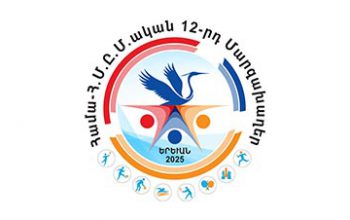Hundreds of refugees from Artsakh (Nagorno-Karabakh) convened in Yerevan on Wednesday, urging Armenia’s government to bolster its assistance programs for them and pursue international security assurances for their repatriation to their homeland.
Organized by Karabakh civic groups and public figures, the rally underscored its nonpartisan nature. A joint statement, delivered by one of the speakers, emphasized the refugees’ housing needs and criticized a government proposal aimed at facilitating their acquisition of permanent residences in Armenia.
Outlined by Deputy Prime Minister Tigran Khachatrian last month, the tentative plan entails government financing for the purchase or construction of new homes for refugees, primarily in rural areas. The proposed funding amounts to 3 million drams ($7,400) per person, provided as a grant for Karabakh children and pensioners and as a loan for other refugees.
Karabakh’s principal political factions promptly rebuffed the plan, contending that the allocated funds would only enable displaced Karabakh Armenians to afford homes in remote towns and villages with limited employment prospects.
The rally’s statement echoed these sentiments, demanding increased housing funding levels from the government and the elimination of repayment obligations. It also called for the continuation of monthly compensation payments to refugees renting accommodations.
Since November, refugees lacking homeownership or residing in government shelters have received 50,000 drams ($125) monthly to cover rent and utility expenses. However, this aid program is set to expire at the end of the current month.
Additionally, rally organizers urged Yerevan to advocate for “international protection mechanisms” to facilitate the collective repatriation of Karabakh Armenians.
Former Karabakh premier Artak Beglarian emphasized, “Any Azerbaijani rule must be ruled out because that would be genocidal rule.”
Gegham Stepanian, Karabakh’s exiled human rights ombudsman, acknowledged the challenging prospects for repatriation meeting their demands but stressed the importance of keeping the issue open and preventing its closure by international actors.
The Azerbaijani government maintains that Karabakh Armenians are welcome to return under Azerbaijani jurisdiction, a proposition rejected by Karabakh’s leadership and residents even before the September offensive that forced them into exile.
While Russia has signaled discussions with Baku regarding the return of the Armenian population to Karabakh, Stepanian insists that only “international guarantees” can convince Karabakh Armenians to return home.
However, Armenia’s government appears uncommitted to pursuing such guarantees, with Prime Minister Nikol Pashinyan repeatedly indicating that his administration considers the Karabakh issue closed.




